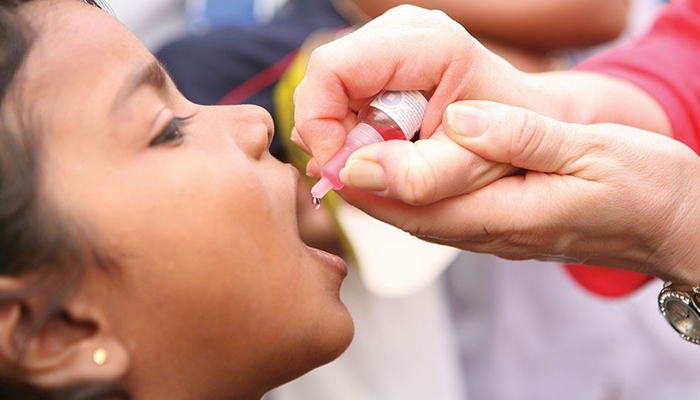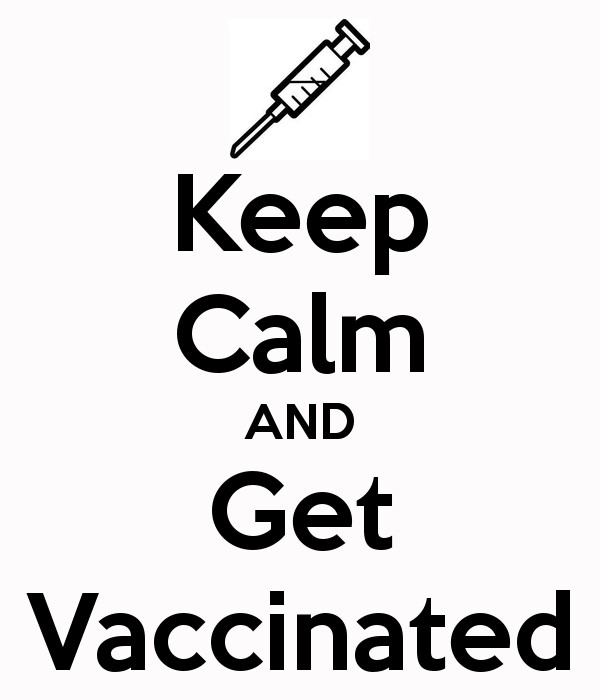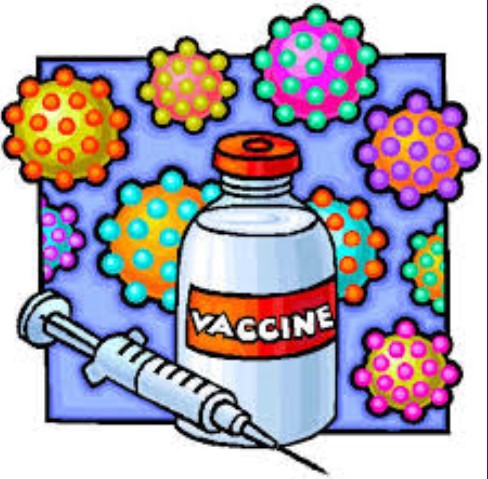
All of us have seen Mr. Amitabh Bachchan saying ‘Do boondhZindagiki’, but very few of them would have realized the magnitude of importance of that advertisement. The fact that one of the most vivacious and accomplished Bollywood star is chosen as the brand ambassador for the campaign of immunization shows us the important role it plays in every child’s life.
What lead me to writing this blog?
Having a month old baby at home and finding myself pouring over the immunization schedule made me think that there are so many people unaware of the importance of vaccination.

The last week of April is the World Immunization Week. It is a global public health campaign to raise awareness and increase rates of immunization against vaccine-preventable diseases around the world.Each World Immunization Week focuses on a theme and this year it is “VACCINES WORK”.
So what is IMMUNIZATION?
It is the process by which an individual’s immune system becomes fortified against an agent (known as the immunogenic).
Immunization is done through various techniques, most commonly vaccination. Vaccines against microorganisms that cause diseases can prepare the body’s immune system, thus helping to fight or prevent an infection.
Immunization can protect against 25 different infectious agents or diseases, from infancy to old age, including diphtheria, measles, pertussis, polio and tetanus. The World Health Organization (WHO) estimates active immunization currently averts 2 to 3 million deaths every year.

The WHO lists 25 diseases for which vaccines are available:
- Anthrax
- Measles
- Rubella
- Cholera
- Meningococcal disease
- Influenza
- Diphtheria
- Mumps
- Tetanus
- Hepatitis A
- Pertussis
- Tuberculosis
- Hepatitis B
- Pneumococcal disease
- Typhoid fever
- Hepatitis E
- Poliomyelitis
- Tick-borne encephalitis
- Haemophilusinfluenza type b
- Rabies
- Varicella and herpes zoster (shingles)
- Human papilloma-virus
- Rotavirus gastroenteritis
- Yellow fever
- Japanese encephalitis
- Malaria
- Dengue fever
There are also some vaccine-preventable diseases, which are not on the WHO-list, probably either since the vaccine is not very good according to present standards, or the disease is not any longer a threat.
- Anthrax
- Plague
- Q fever
- Smallpox
IMMUNIZATiON SCHEDULE :
| SL. NO. | AGE | VACCINE | DISEASE |
| 1. | Birth | BCG + OPV | Tuberculosis + Polio |
| 2. | 1.5 months | DPT +
OPV + IPV + HBV + HiB |
Diphtheria
Pertussis Tetanus Polio Hepatitis B H Influenza B
|
| 3. | 2.5 months | DPT +
OPV + IPV + HBV + HiB |
Diphtheria
Pertussis Tetanus Polio Hepatitis B H Influenza B
|
| 4. | 3.5 months | DPT +
OPV + IPV + HBV + HiB |
Diphtheria
Pertussis Tetanus Polio Hepatitis B H Influenza B |
| 5. | 9 months | Measles | Measles |
| 6. | 15 months | MMR | Measles
Mumps Rubella |
| 7. | 18 months | DPT +
OPV + IPV + 1st booster HiB |
Diphtheria
Pertussis Tetanus Polio
|
| 8. | 4.5 – 5 years | DPT +
2nd booster OPV |
Diphtheria
Pertussis Tetanus Polio |
| 9. | 10 years | Tdap/ Td | Diphtheria
Pertussis Tetanus |
VACCINES UNDER SPECIAL CIRCUMSTANCES;
| SL. NO. | AGE | VACCINE | DISEASE |
| 1. | 2 years
Booster dose to be given every 2-5 years |
Meningococcal | Meningitis |
| 2. | < 9 years : 2 doses to be given every year.
> 9 years – 1 dose to be given every year |
Influenza | Flu |
| 3. | 0,3,7,14,28 days | Rabies | Rabies |
SIGNIFICANCE:
Vaccination protects children from serious illness and complications of vaccine-preventable diseases which can include amputation of an arm or leg, paralysis of limbs, hearing loss, convulsions, brain damage, and death.
Elimination of polio in India:
Polio was last reported in India in West Bengal and Gujarat on 13th January, 2011.
On 27th March 2014, the World Health Organization (WHO) declared India a polio free country, since no cases of wild polio had been reported in for three years.
As of mid-2016, only Afghanistan, Nigeria and Pakistan have wild polio cases.
The Pulse Polio Initiative (PPI) aims at covering every individual in the country. It aspires to reach even children in remote communities through an improved social mobilisation plan.
- No child should miss the immunization.
- Cases of acute flaccid paralysis (AFP) are to be reported in time and stool specimens have to be collected within 14 days.
- Outbreak response immunization (ORI) should be conducted as early as possible.
- Maintaining a high level of surveillance.
- Performance of good mop-up operations where polio has disappeared.
ADULT IMMUNIZATION:
Even adults need to be immunized from time to time. It is recommended for adults who meet the age requirement, lack documentation of previous vaccination or lack of evidence of previous infection. Also older adults with medical conditions like Diabetes need to be immunized as recommended by their Doctor.
IMMUNIZATION AGAINST CERVICAL CANCER:
| > 10 years females
0 dose After 1 month After 6 months |
Protects against HPV (HUMAN PAPILLOMA VIRUS) which causes cervical cancer. |
Immunization is one of the safest ways for you to protect your health. Vaccine side effects are usually mild and go away on their own. Severe side effects are rare.
Regular immunization of your child will prevent many serious diseases. Follow the schedule and the advice of your child’s Pediatrician. Minor illnesses are not a contraindication to vaccination. Report any adverse events following immunization.




Leave a Reply